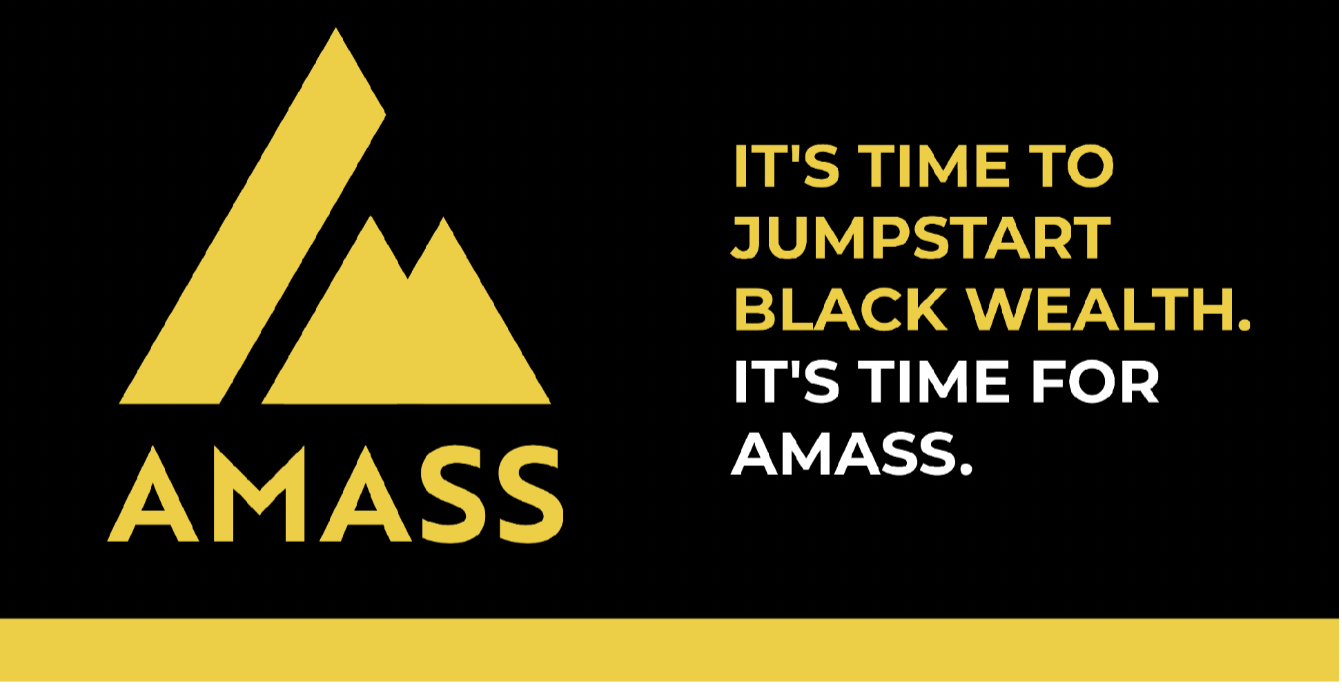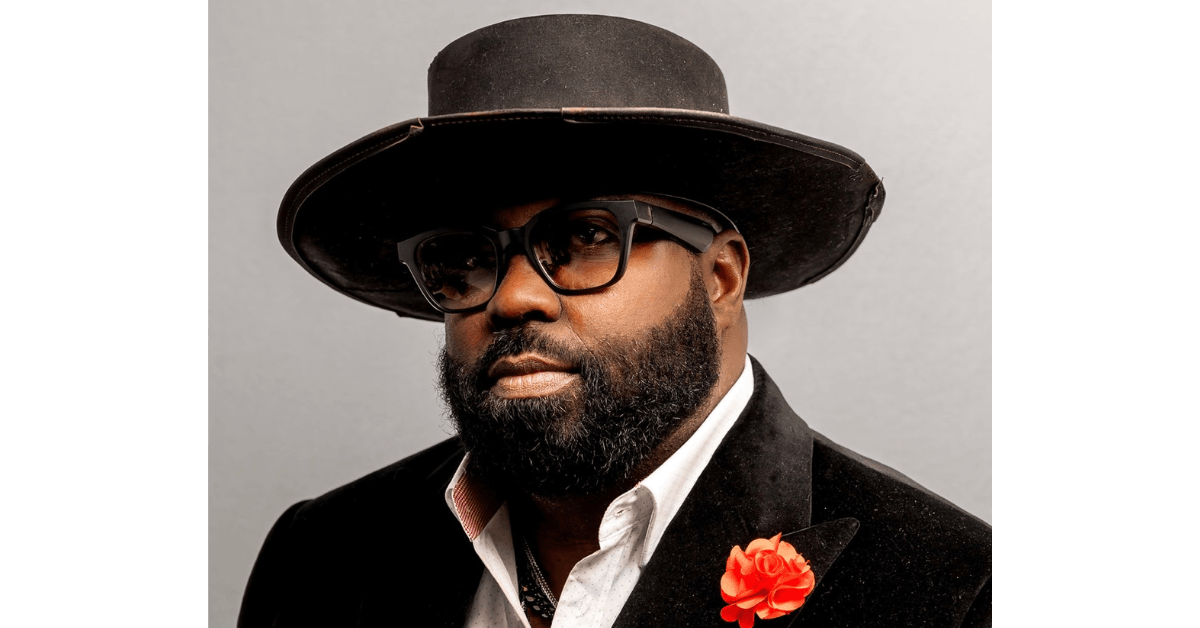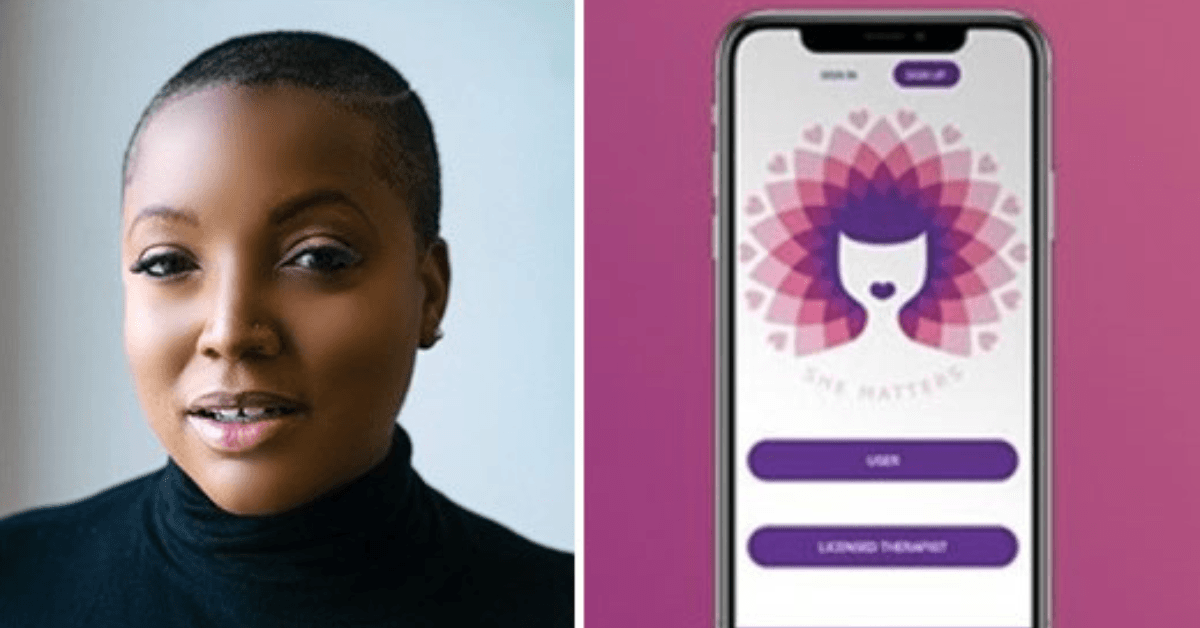Key Insights:
- Amass aims to chip away at the racial wealth gap through exclusive alternative investments.
- The platform which has an educational component was launched by Daron Roberts and Abby Coleman.
- A more affordable fee structure makes the platform more attractive for investors.
Amass, an investment and education platform is giving Black investors of all levels access to deal flow and strategies from bonafide Black investors in hopes of chipping away at the racial wealth gap.
Founders Daron Roberts and Abby Coleman launched the Austin, Texas-based company last week. The members-only deal and content platform has developed partnerships with venture firms, and a variety of investment vehicles that offer an air of exclusivity, but also lower minimum investments for a community that has historically been underrepresented in alternative investments.
“It’s been really good for us to seek out partnerships with groups that are really focusing on financial literacy and savings rates; those go hand in hand,” Roberts told The Plug.
“We’ve reached out to groups whose focus is to increase the savings rate among Black Americans, that’s a critical component to be able to have the disposable income to then shift some of that capital into the alternative investment space,” he said.
The platform will initially offer investment opportunities in real estate and venture capital and will be adding crypto investments later on. Adapting the traditional “2 and 20” fee model, in which a two percent maintenance fee and a 20 percent management fee is charged to investors, Amass has made the fee structure more affordable by only taking a five percent fee upon a successful exit.
“We aren’t working off a traditional VC fund model in which we’re trying to maximize that carry at the end.We’ve built in a percentage that will give us runway, but we want to make it accessible,” Roberts said.
A host of products, investment platforms and educational content have been created for what Roberts calls the, “earn your leisure Black wealth renaissance.” Catering to this audience tends to focus on highlighting investor journeys and the upshots rather than capturing the low-lights of investing.
“If you look at the 10: 1 wealth ratio between the average white and Black Americans in the U.S., a lot [of] that is because there isn’t access to opportunities for outsized returns,” Roberts said. “Beyond your life insurance policy, beyond the 401K, to really have a chance to increase your wealth significantly there needs to be a portion of your portfolio devoted to the alternative investment space.”
He likens the mission of Amass to the work that Cap Table Coalition does to get more investors of color on company’s capitalization tables, but with the focus especially being on Black communities.
Amass does not exclusively partner with or offer deals from Black-led companies, but it has a heightened preference for companies led by underrepresented groups.
Content and training modules on the platform will be led by Black investment experts, which have been dubbed “luminaries,” who will give a master class on subjects like ”Angel investing with Sevetri Wilson, “Crypto investment with Chad Copeland” or “Venture Capital with Jewel Burks Solomon,” among others.
“So often the investment terminology is the highest barrier to entry, there’s a vernacular associated with the investment world and people will exclude ourselves [sic] from a process because we think that the learning curve is too steep,” Roberts said. “We break down concepts, and the learning curve isn’t as steep. We make people feel comfortable and bring folks a steady flow of deals so they get a chance to work that alternative investment muscle.”








